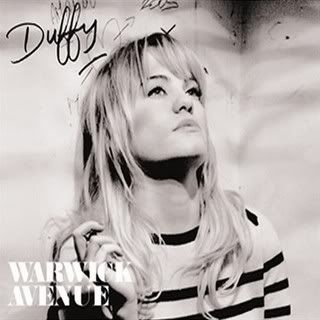
1940's
Fantasia is a high-water mark in animation history--Disney has rarely topped it, and no full-length animated film from any other studio has even come close. Nearly every moment of the film (at least the animated portions, all of them wordless or nearly wordless) is sublime, and the concept--introducing children (and the rest of us) to classical music via animation--is brilliant.
All of the segments are gorgeous, but none is more beloved than "The Sorcerer's Apprentice," set to the Dukas classic and starring Disney's flagship character, Mickey Mouse. It is unusual in Mickey's canon in that he is something of a troublemaker and a screw-up; these traits were common in early shorts like "Plane Crazy" and especially "The Galloping Gaucho" (in which our hero gets drunk and starts a bar-fight!), but the 1930s found Mickey becoming increasingly bland, an everyman for obedient children.
Mickey is here the everyman for all of us, particularly those of us in the West with a vested interest in science. Perhaps no man believed in progress more than Walt Disney, a subject I've written about more-or-less extensively
elsewhere. But progress has its dark side. One day I will complete my dream project about Walt's conflicted attitude toward technological progress, but for now I'll advise you to take a look at the much-maligned but well-beloved (in my family, anyway) Carousel of Progress, in which the more things change, the more they stay the same--the technology keeps breaking down, and the show ends with a Smart Oven nearly burning down the house.
And so we come to 1940, one year after J. Robert Oppenheimer began his Manhattan Project, the research opportunity that would eventually level two Japanese cities and burn their citizens' shadows into the sidewalks. I am not sure about the public awareness of the embryonic atom bomb in the early 1940s, but nuclear awareness was on the rise, with the American military frightened about a possible Nazi bomb.
That growing public awareness of the split atom shows up in "The Sorcerer's Apprentice," perhaps the darkest short Disney has ever released. (My fiancee is deathly afraid of it.) It's anarchic in a way that Disney is rarely anarchic, frightening in a way matched only by
Snow White and the Seven Dwarfs' wicked queen (who, let us not forget, wants Snow White to be "BURIED ALIVE!!!") and
Sleeping Beauty's Maleficent, one of film history's greatest villains.
But the revolution is that the villain in "The Sorcerer's Apprentice" is Mickey Mouse himself, the blandest and best of all everymen--perhaps foolish but ethically above reproach. (Walt Disney noted that Mickey wishes to share the spotlight with his friends, introducing and then playing second fiddle to Donald Duck and Goofy.) In this short, however, he commits Satan's cardinal sin, the absolute worst thing a mouse or a man can do--he plays God. He puts on the hat reserved for the Sorcerer, and he climbs the mountain and controls the seas. He splits the atom. He introduces an incredible evil into the world, an evil that cannot be stopped or controlled, an evil that multiplies indefinitely until only God or the Sorcerer can halt its march.
And so with the nuclear age. The tragic realism of the atom bomb (I'll not take a stand on whether Truman should have ordered its use in Hiroshima and Nagasaki) gave way to the nuclear hysteria of the 1950s and '60s. It created a world of horrible possibility, a world that, as many a historian has noted, we could destroy for the first time ever. And maybe the Sorcerer will save us with minimal punishment (he just swats Mickey on his behind, almost lovingly)--or maybe he'll let us drown.
Fantasia seems to anticipate this terrible progression. And so I must again suspect that Walt Disney was one of the most brilliant minds of his generation--perhaps even a prophet of sorts, envisioning not only the great interstellar flight of mankind but our capacity (and maybe desire) for self-destruction.
 "Bright Tomorrow"
"Bright Tomorrow"



















